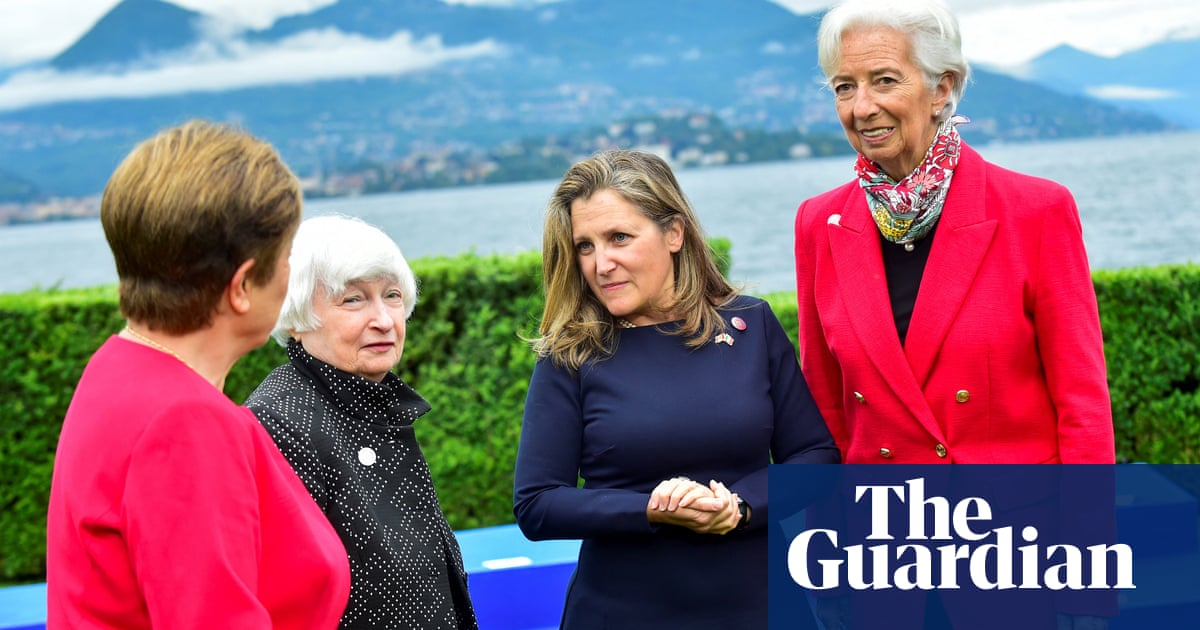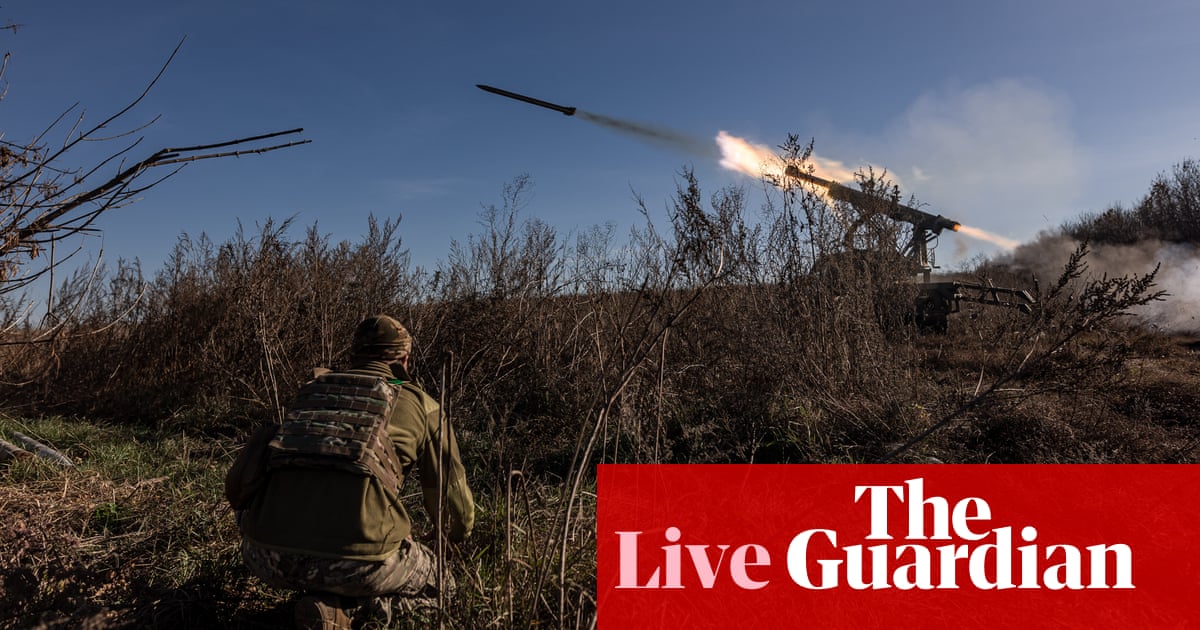
The topsy-turvy war in Ukraine is continuing with no conclusion in sight, either on the battlefield or by diplomacy. After more than two years, this war has become another example of an asymmetrical conflict, as much in terms of what the implications are for either side as it is of military capabilities.
For Ukraine, this is about defending its sovereignty and territorial integrity, which it cannot afford to lose. For Russia, in what is primarily Vladimir Putin’s war, the longer it continues without significant achievements, the more it becomes about the Russian president’s staying power.
Predictably and justifiably, Russia’s naked aggression against its neighbor drew a powerful reaction from large parts of the international community, which has supported the Ukrainian people and equally hindered Moscow’s further expansionist attempts to restore much of what used to comprise the Soviet Union. However, as time goes by, other pressing global and domestic issues are diverting the world’s attention and exerting pressure to accordingly direct resources away from supporting Ukraine.
No surprise, then, that the Western countries that have contributed almost all the financial and military aid in support of Kyiv in its war effort are looking for creative mechanisms to continue to do so without detrimental economic and political impacts on their own societies. The most recent idea to emerge from the EU, which will be considered at this week’s G7 meeting, is to raise tens of billions of euros in debt for Ukraine secured against future profits generated by the Russian state’s assets that have been frozen by Western countries. There are some €210 billion ($225 billion) in Russian assets currently frozen in the EU, which could yield up to €3 billion a year that, according to this plan, would be used to support Ukraine’s war effort.
At times of sluggish economic growth and fatigue among the public, the long-term support for Ukraine is weakening
Yossi Mekelberg
As of the end of February, European donors and the EU have allocated a total of €89.9 billion in aid for military, humanitarian and financial support since Russia’s invasion of Ukraine in February 2022. In addition, the US allocated the equivalent of €67 billion over the same period and, after prolonged wrangling in Congress, in April approved a further $61 billion. The contributions of the US and Europe account for more than 95 percent of all aid allocations to Ukraine.
At times of sluggish economic growth and the unavoidable, although distracting, fatigue among the public as well as in some decision-making circles, the long-term support for Ukraine is weakening. Hence, in principle, using some of the profits from the aggressor’s assets should not be rejected a priori.
However, one person — and not the only one — to remain unimpressed by this scheme is European Central Bank President Christine Lagarde, who, despite the growing pressure on Europe to raise funds for Ukraine, is adamant that “moving from freezing the assets to confiscating the assets, disposing of them, is something that needs to be looked at very carefully.” Lagarde argues that such a move would “start breaking the international legal order that you want to protect, that you would want Russia and all countries around the world to respect.”
Lagarde’s view must be taken seriously because one of the accusations customarily levelled against the US and its Western allies is that of hypocrisy and double standards when it comes to the manner in which they conduct their foreign affairs, especially their alleged failure to live up to the same principles and values, such as those of international law, that they expect others to follow.
Yet, there is a way to square this circle by limiting the suggested practice to either the length of the war or until Putin goes and a new government emerges in Russia; one that is ready to enter into constructive negotiations with Ukraine to end the war while respecting its sovereignty. In the meantime, using the interest from these assets, while bearing in mind that they belong to the Russian people and will have to be returned to them, is a practical and not immoral solution to financing Ukraine’s defensive war.
Using the interest from these assets is a practical and not immoral solution to financing Ukraine’s defensive war
Yossi Mekelberg
Much of these assets can only be described as part of the post-Cold War hoarding of Russia’s “family silver,” including the country’s natural resources, industrial infrastructure and media outlets, by a small group of oligarchs conspiring with the political class. Admittedly this was with the more-or-less tacit support of other, mainly high-income, countries for their own benefit; although this has hardly benefited ordinary Russian people.
But for now, supporting Ukraine is the top priority. And, in any case, the many billions of dollars accumulating in interest will not be returned to Russia at least until the end of the war. Meanwhile, the need to sufficiently finance Ukraine’s war effort is becoming even more urgent as a result of a changing balance of power on the battlefield, which in some areas is turning against Ukraine. Russian forces have already crossed the international border north of Kharkiv, Ukraine’s second-biggest city, and are making what was described as “tactically significant advances,” along with similar inroads into some parts of eastern Ukraine.
It must be emphasized that this new suggested economic measure should remain an exception and should be endorsed only because of the exceptional circumstances of this war and the far-reaching and dismal implications for global security if Moscow was to have its way.
Moreover, following the death of Alexei Navalny in a Russian gulag, there is now hardly any opposition that could mount a credible challenge to Putin and, even if there should be a change of leadership from within Russian politics, it will not necessarily be for the better. Hence, those who are currently guarding the Russian assets should see themselves as their custodians or guardians, who in due course, when circumstances change, will return them to the people who will be able to use them to build a new Russia.
For now, ensuring that Russia is defeated goes beyond saving Ukraine and is as much about promoting peace and security in the spirit of the UN Charter. However, in the aftermath of this war, it is the logic of the post-Second World War Marshall Plan that should guide those who support Ukraine and not the punitive reparations imposed on the defeated aggressor in the aftermath of the First World War. This should be kept in mind, especially if it is that aggressor’s assets that are hopefully going to change the tide of the war in favor of Ukraine.
Yossi Mekelberg is a professor of international relations and an associate fellow of the Middle East and North Africa Program at international affairs think tank Chatham House. X: @YMekelberg











